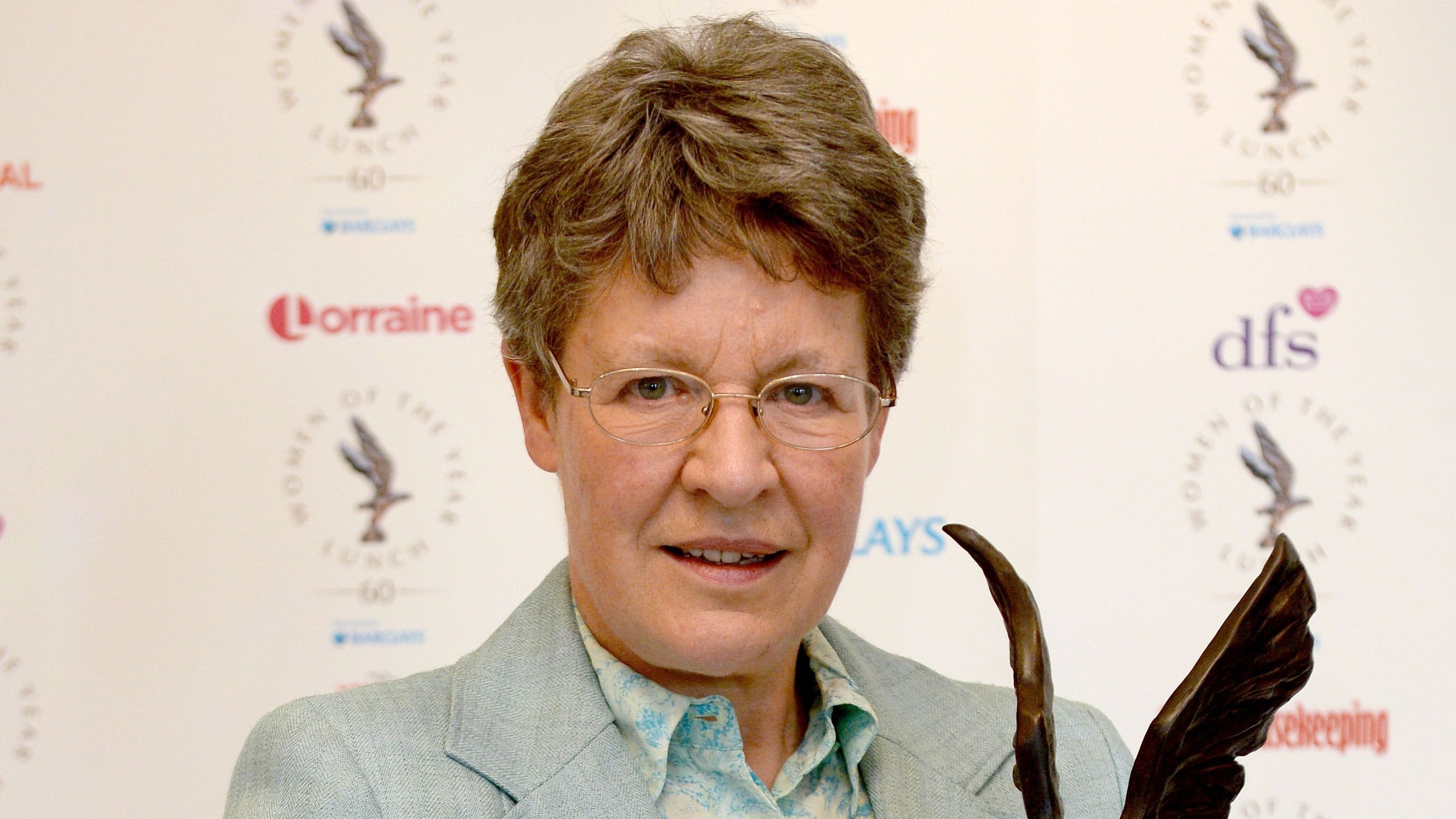Dame Jocelyn Bell Burnell and 5 other amazing female scientists working right now
From black holes to the science of ageing, these researchers are making huge scientific breakthroughs.

Your support helps us to tell the story
From reproductive rights to climate change to Big Tech, The Independent is on the ground when the story is developing. Whether it's investigating the financials of Elon Musk's pro-Trump PAC or producing our latest documentary, 'The A Word', which shines a light on the American women fighting for reproductive rights, we know how important it is to parse out the facts from the messaging.
At such a critical moment in US history, we need reporters on the ground. Your donation allows us to keep sending journalists to speak to both sides of the story.
The Independent is trusted by Americans across the entire political spectrum. And unlike many other quality news outlets, we choose not to lock Americans out of our reporting and analysis with paywalls. We believe quality journalism should be available to everyone, paid for by those who can afford it.
Your support makes all the difference.Dame Jocelyn Bell Burnell has become the second woman to win prestigious science prize, the Copley Medal.
The scientist and astrophysicist follows in the footsteps of Dorothy Crowfoot Hodgkin, Charles Darwin and Albert Einstein She’s being honoured for her work on the discovery of pulsars – dense areas of matter in space.
Burnell said: “I am delighted to be the recipient of this year’s Copley Medal, a prize which has been awarded to so many incredible scientists.
“With many more women having successful careers in science, and gaining recognition for their transformational work, I hope there will be many more female Copley winners in the near future. My career has not fitted a conventional – male – pattern.
“Being the first person to identify pulsars would be the highlight of any career; but I have also swung sledgehammers and built radio telescopes; set up a successful group of my own studying binary stars; and was the first female president of the Institute of Physics and of the Royal Society of Edinburgh.
“I hope that my work and presence as a senior woman in science continues to encourage more women to pursue scientific careers.”
Burnell isn’t the only scientist blazing a trail in a historically male-dominated industry…
1. Cynthia Kenyon
If you want to understand the ageing process, it would be wise to follow Cynthia Kenyon’s work. She specialises in biochemistry and biophysics at the University of California, studying the relationship between genetics and age-related diseases.
Kenyon discovered a single gene mutation in a roundworm could double its lifespan. She hopes to be able to do the same in humans, by identifying the genes responsible for age-related diseases.
2. Maggie Aderin-Pocock
You might recognise space scientist Maggie Aderin-Pocock from her presenting duties on BBC show The Sky At Night. Her career has been varied, from working on missile defence programmes with the Ministry of Defence to making satellites for the European Space Agency.
A lot of Aderin-Pocock’s work has been dedicated to encouraging children from underrepresented backgrounds to get into science. She received an MBE in 2009 for services to science and science education.
3. Lesley Yellowlees
Based at the University of Edinburgh, inorganic electrochemist Professor Lesley Yellowlees became the Royal Society of Chemistry’s first female president in 2012, holding the post for two years.
She started her career as an administrator in the NHS before entering the field of electrochemistry. Her work focuses on dye-sensitised solar cells, hoping to revolutionise solar energy research.
In 2013 she told the Guardian: “I think widening participation in education is a huge area that we need to look at. Education shouldn’t depend upon where you live, or how much you earn, or what colour you are, or what sex you are.”
4. Katie Bouman
Katie Bouman became something of a scientific rock star in 2019 as the face of a ground-breaking black hole project. She helped develop a new algorithm giving us an image of what a black hole actually looks like – previously, scientists had only been able to visualise it in a simulation.
She was just 29 years old at the time and a PhD student in computer science and artificial intelligence at the Massachusetts Institute of Technology (MIT). Bouman currently works as assistant professor of computing and mathematical sciences, electrical engineering and astronomy at Caltech.
5. Janet Iwasa
Assistant professor of biochemistry at the University of Utah, Janet Iwasa’s work is all about accurately animating molecules and cells. Her 3D animations show how molecules move and interact, with the aim of inspiring research and uncovering new truths you might not have discovered via a 2D drawing.
She set up The Animation Lab to “capture current hypotheses on diverse molecular and cellular processes”.